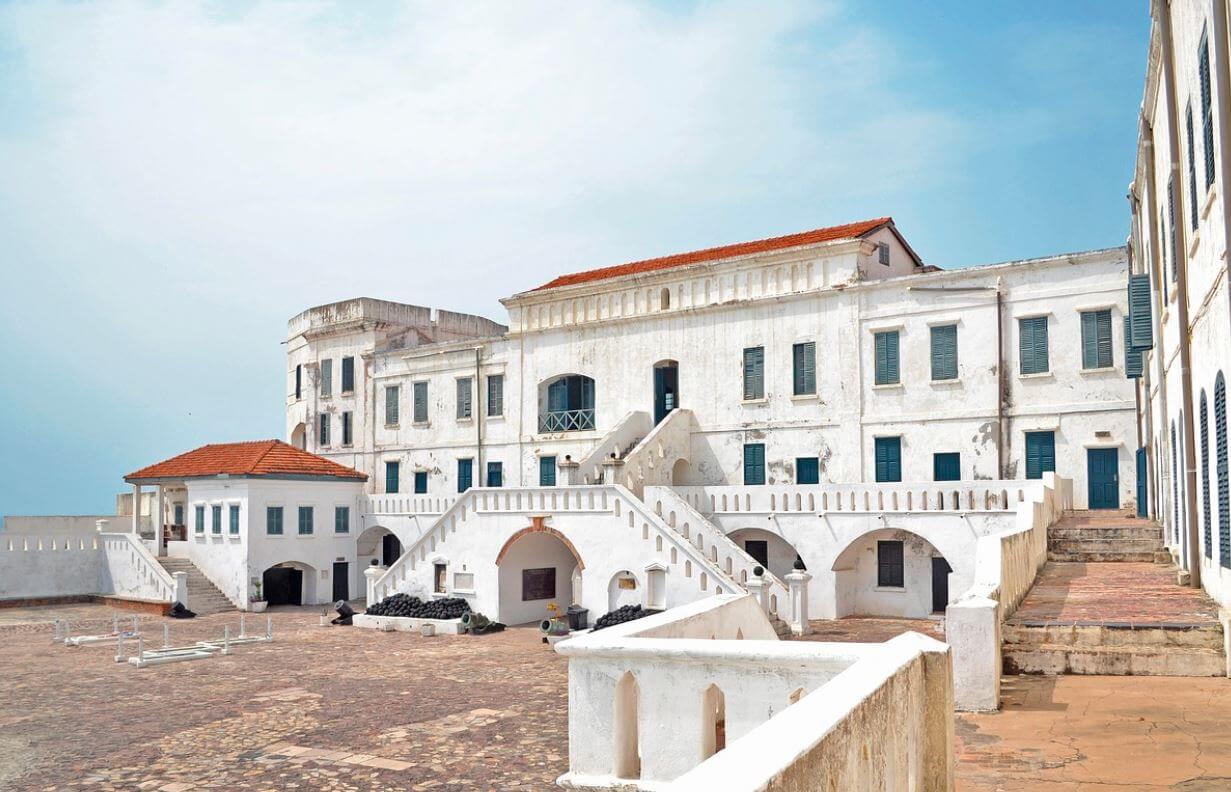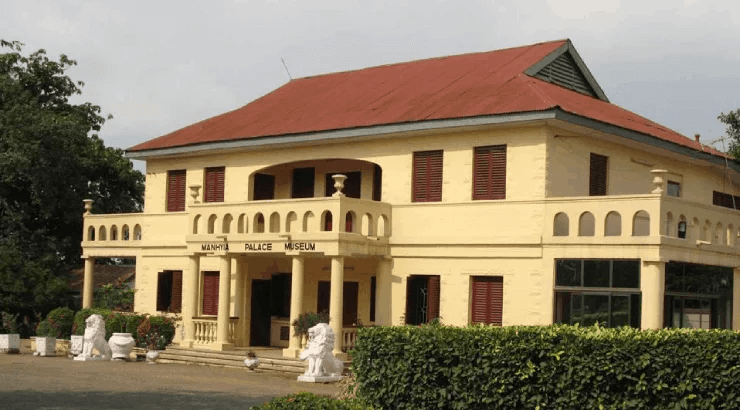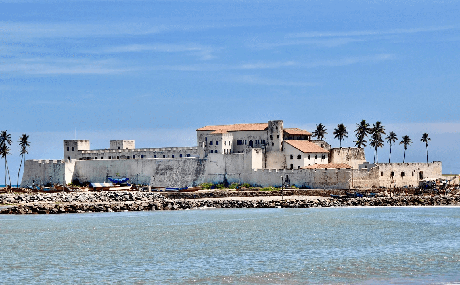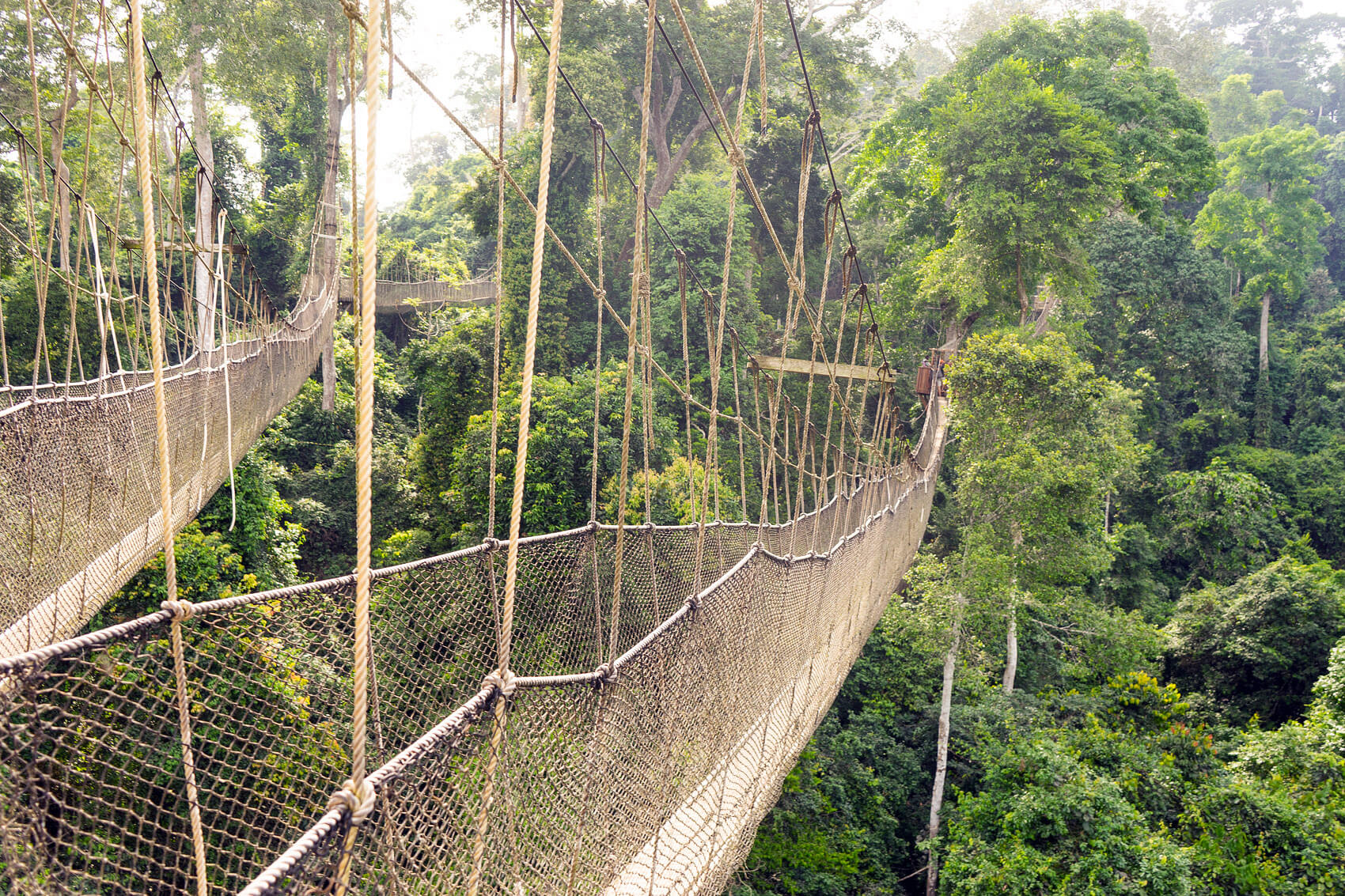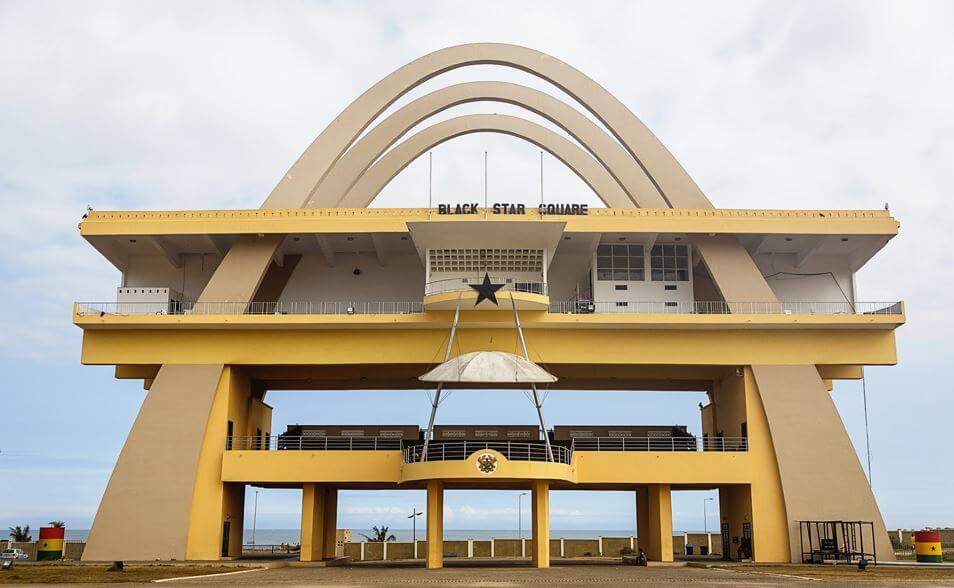Quick Facts - About Ghana
-
About Ghana
Ghana is a vibrant and culturally rich country located in West Africa, known for its warm hospitality, historical significance, and natural beauty. As the first African nation to gain independence from colonial rule in 1957, Ghana holds a proud place in the continent’s history. From the historic slave castles along the Cape Coast to the lively markets of Accra, the serene beaches, and the wildlife of Mole National Park, Ghana offers a diverse and unforgettable travel experience. The country is home to over 100 ethnic groups, each with its own traditions, festivals, music, and cuisine. With a stable democracy, friendly people, and a welcoming atmosphere, Ghana is often referred to as the "Gateway to Africa"—a perfect destination for travelers seeking both adventure and cultural immersion.
-
Ghana's History
Ghana has a rich and diverse history that stretches back thousands of years. Long before European contact, the area was home to powerful West African kingdoms such as the Ghana Empire (not located in present-day Ghana), Mali Empire, and later the Ashanti Empire, known for its wealth, advanced governance, and military strength. In the 15th century, European powers, including the Portuguese, Dutch, and British, arrived on the coast, establishing trading posts. Ghana became a major center for the trans-Atlantic slave trade, with forts and castles—like Cape Coast and Elmina—serving as key points in this dark chapter of history. In the 19th and early 20th centuries, Britain gradually took control, and the region became known as the Gold Coast due to its rich natural resources. On March 6, 1957, the country made history by becoming the first sub-Saharan African nation to gain independence, led by Dr. Kwame Nkrumah. Since independence, Ghana has grown into a stable democracy and remains a symbol of African pride, resilience, and progress.
-
Adventures in Ghana
Ghana is a land of exciting adventures for every kind of traveler. Nature lovers can trek through Kakum National Park, walking across its famous canopy walkway high above the rainforest. Wildlife enthusiasts can go on safari at Mole National Park, where elephants, antelopes, and baboons roam freely. For history buffs, exploring the ancient slave castles along the Cape Coast provides a powerful and emotional journey into the past. Thrill-seekers can enjoy water sports at Busua and Ada beaches or hike to the beautiful Wli Waterfalls, the highest in West Africa. Whether it’s mountain climbing in the Volta Region, canoeing on Lake Volta, or dancing at a traditional festival, Ghana offers a blend of culture, nature, and adventure that promises unforgettable experiences.
-
Ghana's Culture
Ghana’s culture is vibrant, diverse, and deeply rooted in tradition. Home to over 100 ethnic groups, including the Akan, Ewe, Ga, and Dagomba, the country boasts a rich tapestry of languages, customs, music, and festivals. Traditional drumming, dancing, and storytelling are at the heart of Ghanaian life, especially during colorful festivals like Homowo, Aboakyer, and Hogbetsotso. Kente cloth, known for its bright patterns and symbolic meanings, is a proud symbol of Ghanaian identity. Family and community are central to the culture, and hospitality is a cherished value—visitors are warmly welcomed everywhere. Ghanaian cuisine, featuring dishes like jollof rice, fufu, and waakye, reflects the country’s diversity and love for flavorful food. Ghana’s culture is a beautiful blend of the ancient and the modern, making every visit an enriching and memorable experience.
-
Ghana's Economy
Ghana has one of the most diverse and rapidly developing economies in West Africa. Traditionally based on agriculture, especially cocoa production, the economy has expanded to include key sectors such as mining, oil and gas, manufacturing, and services. The country is a major exporter of gold, cocoa, and crude oil, making these resources vital to its economic growth. In recent years, Ghana has also invested in infrastructure, technology, and tourism, contributing to job creation and development. With a stable political environment and ongoing economic reforms, Ghana continues to attract international investment and is seen as a rising economic hub in the region.
-
Essential Travel Tips for Tourists Visiting Ghana
Do's and Don'ts
✅ Do greet people politely – Greetings are very important in Ghanaian culture. A warm smile and a handshake go a long way.
✅ Do try local foods – Enjoy popular dishes like jollof rice, fufu, and kelewele, but be mindful of spicy levels.
✅ Do carry cash – While cards are accepted in some places, many local shops and markets prefer cash, especially in rural areas.
✅ Do dress modestly – Especially when visiting villages, religious sites, or attending cultural events.
✅ Do respect local customs – Participate respectfully in traditions and ask before taking photos of people or ceremonies.
✅ Do stay hydrated and use mosquito repellent – The climate is warm and tropical, so protect yourself from heat and mosquitoes.
❌ Don’t use your left hand – Avoid giving or receiving items with the left hand, as it is considered disrespectful.
❌ Don’t take photos at sensitive locations – Especially military sites, government buildings, or airports without permission.
❌ Don’t engage in public displays of affection – Keep romantic gestures discreet, especially in conservative areas.
❌ Don’t drink tap water – Always opt for bottled or filtered water to avoid stomach issues.
❌ Don’t expect everything to run on schedule – Be patient and flexible; time is often viewed more casually in Ghana.
Ghana Weather and Climate
Ghana has a tropical climate with warm temperatures year-round, typically ranging from 24°C to 32°C (75°F to 90°F). The country experiences two main seasons:
Rainy Season:
South: April to June (major), and September to October (minor)
North: May to October
Heavy but short-lived showers are common, especially in the afternoons.
Dry Season:
South: November to March
North: November to April
The Harmattan winds (December to February) bring dry air and dust from the Sahara, especially in northern and inland areas.
Best Time to Visit Ghana
The dry season (November to March) is the most recommended time for tourists. During this period:
Roads are more accessible.
Wildlife viewing and outdoor activities are easier.
Cultural festivals and events are more frequent.
Precautionary Measures for Tourists
Stay Hydrated: Carry bottled water, especially in hot or dry conditions.
Use Sun Protection: Apply sunscreen, wear sunglasses and hats.
Insect Protection: Use mosquito repellent and sleep under insect-treated nets, especially during the rainy season.
Health Safety: Get recommended vaccinations (e.g., yellow fever) and carry a basic travel health kit.
Travel Insurance: Ensure you have coverage for health, trip delays, and emergencies.
Clothing: Light, breathable clothes are ideal; pack a raincoat or umbrella during the rainy season.
Ghana Currency – The Ghanaian Cedi (GHS)
The official currency of Ghana is the Ghanaian Cedi (GHS). It is abbreviated as ₵ or GHS. The currency is available in both coins and banknotes:
Coins: 10Gp, 20Gp, 50Gp, ₵1, and ₵2
Banknotes: ₵1, ₵2, ₵5, ₵10, ₵20, ₵50, ₵100, and ₵200
Currency Tips for Tourists
Exchange: You can exchange foreign currency (especially USD, GBP, or EUR) at banks, forex bureaus, or hotels.
ATMs: Widely available in cities and towns; most accept Visa, and some accept MasterCard.
Credit/Debit Cards: Accepted in major hotels, restaurants, and stores, but carry cash for rural areas.
Mobile Money: Popular and widely used in Ghana for payments and transfers — a convenient option for longer stays.

